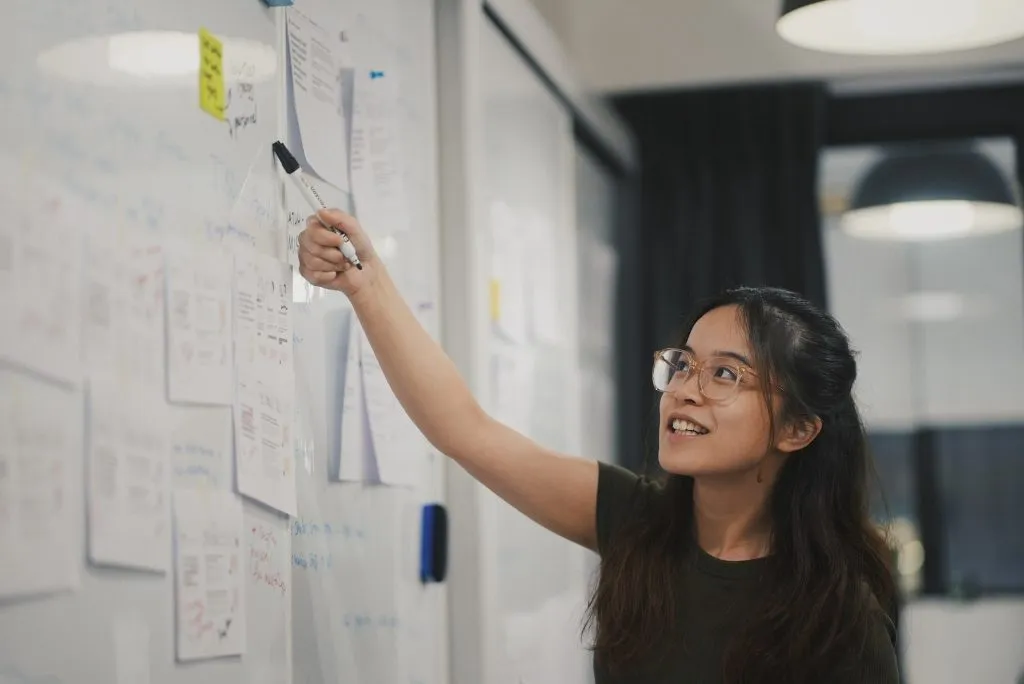
Project Funding
Funding Call 2022: Interoperability and Reusability of DH Data and Tools
The current CLARIAH-AT call for contribution aims at fostering the interoperability and re-usability of tools, methods and research infrastructures in accordance with the Digital Humanities Austria Strategie 2021+ (Vier Leitlinien für Digital Humanities in Österreich) as well as the strategic goals of the infrastructure consortia CLARIN ERIC and DARIAH-EU (see DARIAH Strategic Plan 2019-2026).
The full text of the funding call and application details can be found here for reference:
Download Call for Projects 2022Deadline for applications: 3 June 2022.
Call 2022 – Funded Projects
Round 2
- ”Sharing the CROWN – Establishing a Workflow from Collection Data to Linked Research Data”,
Dr. Martina Griesser, KHM-Museumsverband, Wissenschaftliche Anstalt öffentlichen Rechts - ”Developing HuBERT: a Natural Language Processing algorithm for extending the Seshat Global History Databank”,
Dr. Maria del Rio-Chanona, Complexity Science Hub, Vienna - ”LadderWeb: A pragmatically annotated web-based corpus query interface for requests and cancellations in Italian L1 and L2.”,
Dr. Nicola Brocca, Universität Innsbruck, Institut für Fachdidaktik/Bereich Didaktik der Sprachen - ”Esperanto Newspaper Excerpts”,
Simon Mayer, Austrian National Library
Round 1
- ”Digital Edition Creation Pipelines: Tools and Transitions”,
Mag. Dr. phil. Helmut W. Klug, Zentrum für Informationsmodellierung, Universität Graz - ”Digitizing the Materiality of the Premodern Book”,
Dr Sarah Lang; Sean M. Winslow, PhD, Zentrum für Informationsmodellierung, Universität Graz - ”SemanticKraus – Connecting Kraus-Scholarship to the Semantic Web”,
Dr. Bernhard Oberreither, Austrian Centre for Digital Humanities and Cultural Heritage, Österreichische Akademie der Wissenschaften - ”Prototype of a Historical-Critical Online Edition based on the Estate Materials of Josef Maria Baernreithers”,
Univ.-Prof. Mag. Dr. Kurt Scharr, Institut für Geschichtswissenschaften und Europäische Ethnologie, Kommission für Neuere Geschichte Österreichs, Universität Innsbruck - ”Digital sustainability: relaunch of the MHDBDB”,
Mag. Dr. Katharina Zeppezauer-Wachauer MA, Peter Hinkelmanns MA, Bakk.techn. Peter Färberböck MA BA, Fachbereich für Germanistik, Paris Lodron Universität Salzburg - ”Updating and enlarging the KONDE Weißbuch”,
Mag. Dr. phil. Helmut W. Klug, Zentrum für Informationsmodellierung, Universität Graz - ”Computer Vision for Digital Humanists”,
Dr Sarah Lang; Sean M. Winslow, PhD, Zentrum für Informationsmodellierung, Universität Graz - ”Machine Learning Suite for IIIF Resources”,
DI Christoph Steindl, BSc, Austrian National Library
Earlier CLARIAH-AT Calls
Go!digital
An important part of the CLARIAH-AT activities were the three go!digital calls in 2014, 2016 and 2018, which were competitively advertised and organized by the Austrian Academy of Sciences with funding from the Austrian National Foundation for Research, Technology and Development. The 30 projects selected by international experts promote the development and use of innovative digital methods in Austrian humanities research.
In addition, 20 CLARIAH-AT funded projects are in the implementation phase (or have recently been completed).